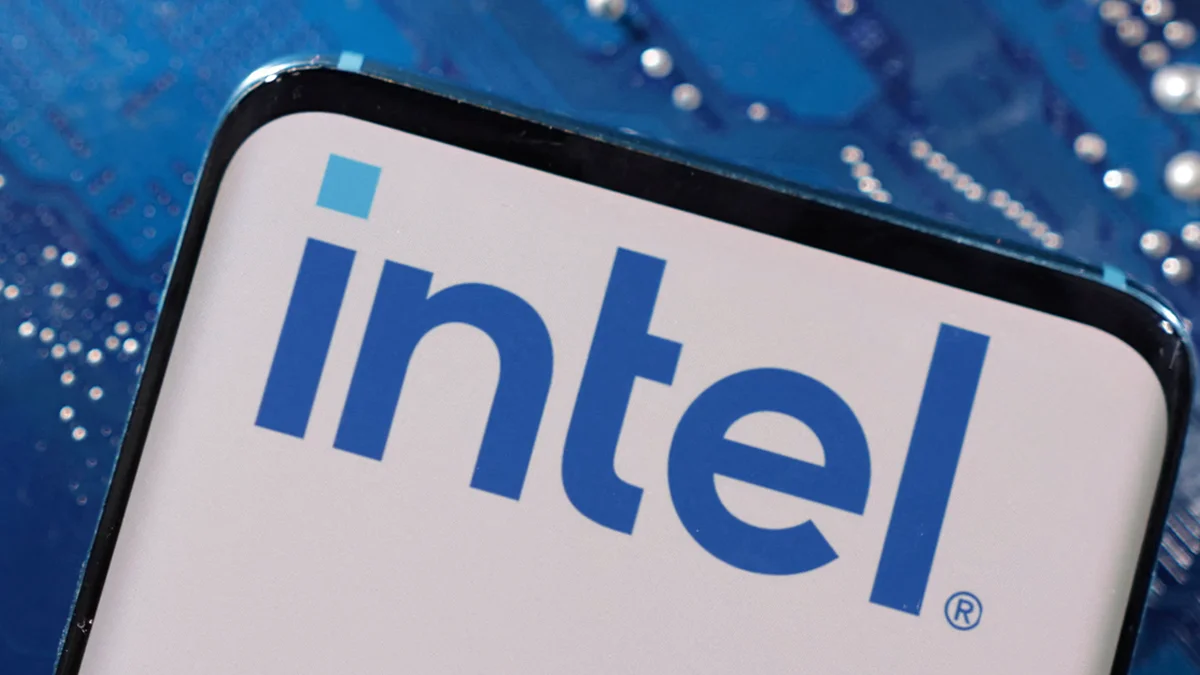Necessary Always Active
Necessary cookies are required to enable the basic features of this site, such as providing secure log-in or adjusting your consent preferences. These cookies do not store any personally identifiable data.
|
||||||
|
||||||
|
||||||
|

RealSense, a computer vision tech company, has completed its spinout from PC maker Intel Corp. According to Reuters, RealSense has also raised $50 million in early-stage financing to fast-track its expansion in the robotics sector. The RealSense-Intel spinout is happening at a time when companies are increasingly betting big on automation tools.
RealSense produces cameras that allow devices and machines to perceive their surroundings in three dimensions. This aspect enables the devices to view depth, interpret their environment, and interact with their surroundings.
The company is seeking to leverage the rising demand for computer vision sensors that enable robots to understand complicated environments and navigate them. The computer company has been backed by a range of strategic partners, including the MediaTek Innovation Fund and Intel’s venture arm, Intel Capital.
RealSense plans to use its latest funding to expand its manufacturing function and expand its global market. The company said that part of the new RealSense series A funding will be used in research and development of new product lines, including the next-generation depth cameras and AI software. Current Intel VP and General Manager for Incubation and Disruptive Innovation Nadav Orbach will serve as RealSense CEO.
“The timing is now for physical AI. We want to develop new product lines. We see the demand and we see the need, and with where it’s at right now, the right thing for us was to raise external funds,” Orbach said in a CNBC interview.
The technology firm did not state the valuation at which the series A funding was raised.
Enterprises globally have increased their investment in the growing robotics industry as AI use cases grow. According to Morgan Stanley, the market for humanoid robots could reach $5 billion by the year 2050. Tech giants like Amazon, Tesla are looking to leverage robotics to automate their production processes.
Earlier this year, Nvidia CEO Jensen Huang said robotics is the largest opportunity for his company after AI. Last month, Salesforce CEO Marc Benioff said that AI is already handling up to 50% of its work.
“It’s true there are a lot of companies that like to be vertically integrated, and several of those are customers of ours, and we work very closely with them. But on the other hand, I have over 3,000 active customers today with a pretty wide ecosystem and pretty high growth year over year,” RealSense CEO Nadav Orbach said.
RealSense has developed a new camera, D555, that’s capable of transmitting power and data through a single cable. The camera comes with built-in AI capabilities that enable security systems and robots to study and understand their surroundings quickly. Besides robotics, the tech vision company is expanding its influence to facial recognition security systems. In this space, RealSense is using its software tools to map environments and identify faces.
Intel created RealSense over a decade ago to research 3D vision technology. In 2015, the company, which was previously called Intel Perceptual Computing, unveiled the first product. Its mother company, Intel, has implemented multiple cost-cutting plans after its stocks dropped to the lowest level in decades. Last year, the Intel board fired CEO Pat Gelsinger and cut jobs as the company struggled to catch up with the highly competitive AI industry.
In April this year, Intel announced plans to sell its majority stake in its semiconductor subsidiary, Altera. RealSense currently has a workforce of 130 employees in the US, China, and Israel. The tech company serves autonomous mobile robot makers like Unitree Robotics and Eyesynth.
RealSense will be working to provide safety tools to industry players and develop technology that’s easy for its customers to use. Intel will continue to hold a minority stake in the tech company. Although the company produces its products in Asia, its business operations and headquarters are in the US. CEO Orbach said the firm is focused on long-term growth and remains open to going public in the future or an acquisition.